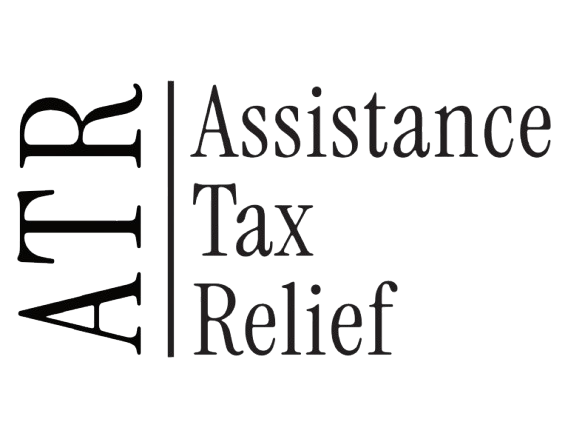Can the IRS Take Your House? What You Need to Know About Property Seizure
Can the IRS really take your home for unpaid taxes? Yes—but it’s rare and typically only happens after multiple ignored notices and no attempt to resolve the debt. This article explains when property seizure occurs, how the IRS decides to act, and what you can do to protect your home before enforcement begins.
State Tax Debt vs. IRS Tax Debt: What’s the Difference?
IRS debt isn’t the only kind of tax problem. State tax agencies can be even more aggressive—using license suspensions, registration holds, and more. Here’s how IRS and state tax debt really compare.
IRS Wage Garnishment 101: How It Happens and How to Stop It
IRS wage garnishment can take a huge portion of your paycheck, leaving you struggling to pay bills. Learn how garnishment works and the steps to stop it fast.
How Long Can the IRS Collect Back Taxes?
Wondering if your tax debt ever expires? The IRS generally has 10 years to collect—but certain actions can extend the clock. Here’s what you need to know.
IRS Bank Levies: What to Do If the IRS Freezes Your Account
Waking up to find your bank account frozen by the IRS is terrifying—but it doesn’t have to be the end of the story. An IRS bank levy is one of the harshest collection actions, but it also comes with rules, timelines, and ways to fight back. Learn why levies happen, what to do if your funds are frozen, and how to prevent it from happening again.
Tax Debt and Death: What Happens When a Taxpayer Dies Owing the IRS?
When a taxpayer dies, their tax debt doesn’t simply disappear. Instead, the estate becomes responsible, and heirs may see their inheritance reduced if taxes aren’t resolved. Learn what happens to unpaid taxes after death, the executor’s role, and how families can protect themselves.
Dealing with Payroll Tax Debt as a Business Owner
Payroll tax debt is one of the most serious issues a business owner can face. Learn why the IRS pursues it so aggressively—and the steps you can take now to resolve it and protect your business.
State Tax Debt: Differences & Strategies Compared to the IRS
State tax agencies can be even more aggressive than the IRS—moving quickly to garnish wages, levy bank accounts, or even suspend licenses. Learn how state tax debt works, how it differs from federal collections, and the strategies that can help you resolve it before it spirals out of control.
Tax Debt and Divorce: Navigating the Financial Challenges
This article tackles how to address tax debt after a divorce. This includes what debt is jointly held and which is separate. As well as information on how to resolve joint and separate tax debt after divorce.
Top 7 Tax Mistakes Self-Employed People Make (and How to Fix Them)
Reviews the top tax mistakes self-employed people make and how to correct or avoid making the similar mistakes. These tips will greatly help you come tax time, dealing with an audit, or discussing financials to resolve back tax debt.
